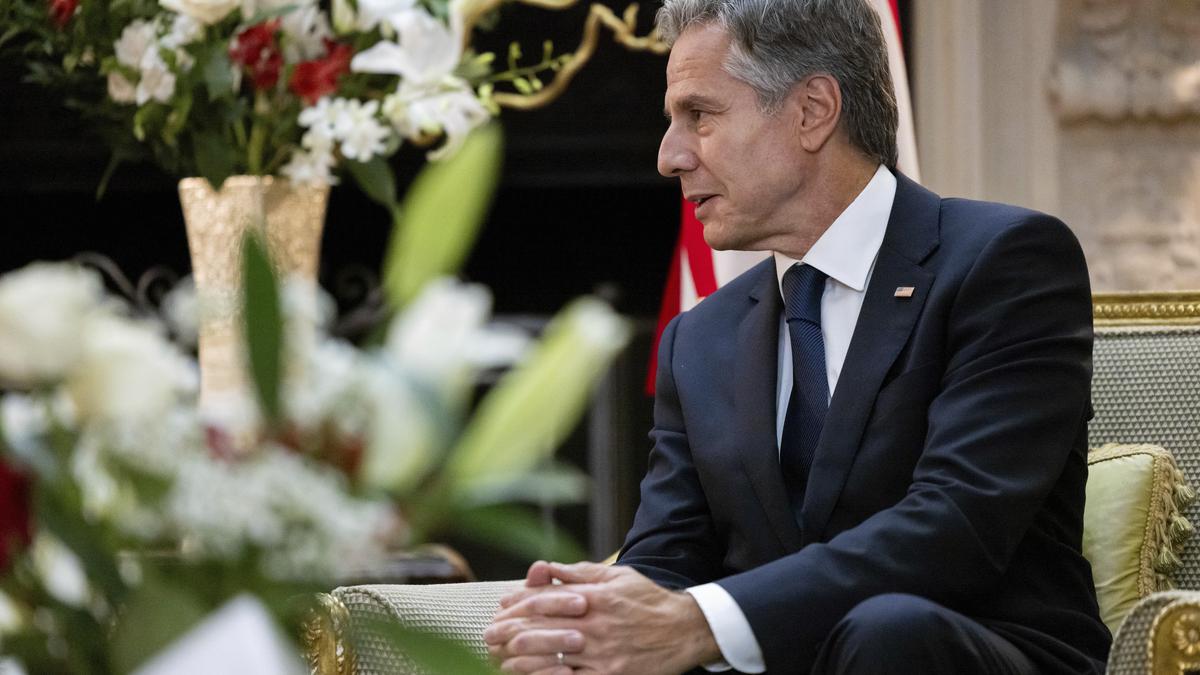
Atlantic nations commit to environmental, economic cooperation on sidelines of UN meeting
The Hindu
“More than 30 Atlantic countries on four continents committed, on September 18, to bolster coordination on economic development, environmental protection, maritime issues and more,” the White House said.
“More than 30 Atlantic countries on four continents committed, on September 18, to bolster coordination on economic development, environmental protection, maritime issues and more,” the White House said.
The adoption of the Declaration on Atlantic Cooperation was completed on Monday evening at a meeting hosted by U.S. Secretary of State Antony Blinken ahead of the start of the annual UN General Assembly meeting.
“The Atlantic connects and sustains us like never before,” Mr. Blinken told the gathering. He noted that the Atlantic hosts the largest amount of international shipping and, through undersea cables, is a thoroughfare for data traffic than any other ocean.
However, he said the Atlantic is also threatened by climate change, which has brought stronger and more devastating storms to vulnerable coastal communities and illegal fishing. “It's the heating and cooling of the Atlantic that is driving global climate and weather patterns,” he said.
The declaration includes a commitment to an open Atlantic region free from interference, coercion or aggressive action. The signatories also agreed to uphold sovereign equality, territorial integrity and political independence of states, and recognises the role that each of the nations play in the Atlantic.
The effort to tighten coordination between coastal Atlantic countries across Africa, Europe, North America and South America was launched on the sidelines of last year's General Assembly with the creation of the Partnership for Atlantic Cooperation, a forum conceived by the Biden administration.
Nations that endorsed Monday's declaration are: Angola, Argentina, Brazil, Cabo Verde, Canada, Costa Rica, Cote d'Ivoire, Dominica, the Dominican Republic, Equatorial Guinea, Gabon, The Gambia, Ghana, Guatemala, Guinea, Guyana, Iceland, Ireland, Liberia, Mauritania, Morocco, the Netherlands, Nigeria, Norway, Portugal, the Republic of the Congo, Senegal, Spain, Togo, the United Kingdom, the United States and Uruguay.

 Run 3 Space | Play Space Running Game
Run 3 Space | Play Space Running Game Traffic Jam 3D | Online Racing Game
Traffic Jam 3D | Online Racing Game Duck Hunt | Play Old Classic Game
Duck Hunt | Play Old Classic Game











